Turkey to look for alternatives if US reneges on F-35 deal: Cavusoglu
Turkish Foreign Minister Mevlut Cavusoglu says the Ankara government will engage in diplomacy with other nations to beef up its air force and even increase efforts to manufacture its own fighter aircraft in case the United States does not stand committed to its F-35 deal with Turkey.
“There are currently no delays, cancellation regarding the sale and handover of F-35 fighter jets. Even though it's a very low probability, Turkey will look for alternative aircraft from other countries and accelerate efforts to build its own if the US breaks F-35 deal,” he said.
The top Turkish diplomat also reminded Washington that Ankara would not accept threats regarding its defense procurements, referring to its plan to buy S-400 air defense missile systems from Russia.
Last month, a senior Israeli military official revealed that the Tel Aviv regime is engaged in talks with the United States over delivery of F-35 single-engine stealth fighter jets to Turkey without performance-enhancing software.
The unnamed official told Haaretz newspaper that Israel wants to be the only entity in the Middle East with F-35 warplanes in its inventory in order to keep its military qualitative edge.
The Turkish-language Yeni Şafak daily newspaper reported on May 27 that Turkey would likely opt to purchase Russian Sukhoi Su-57 twin-engine warplanes in place of US F-35 stealth fighter jets if Washington suspends the delivery of the latter in response to Ankara’s purchase of S-400 anti-aircraft missile systems from Russia.
The report added that the unit cost of the Sukhoi Su-57, which is being developed for air superiority and attack operations, is almost half the cost of the F-35.
The Russian fifth-generation fighter jet can also respond to Turkey’s national needs much more than F-35 as the latter has to be fully equipped with Turkish software, munitions, radar and avionics before being operated in the Turkish Air Force.
On April 3, Turkey’s President Recep Tayyip Erdogan and his Russian counterpart Vladimir Putin said in the Turkish capital Ankara that they had agreed to expedite the delivery of S-400 missile systems. The delivery is expected to start between late 2019 and early 2020.
Turkey’s English-language Hurriyet Daily News newspaper reported on December 29 last year that the loan deal for four S-400 surface-to-air missile batteries had been signed in Ankara.
The developments came only two days after Sergey Viktorovich Chemezov, the Chief Executive Officer of Russian state corporation Rostec, told the Kommersant daily newspaper that Russia would supply Turkey with four batteries of S-400, worth $2.5 billion each, and Moscow was expected to begin the first deliveries in March 2020.
Chemezov added that Turkey would pay 45 percent of the cost of the agreement up front, while Russia would provide loans to cover the remaining 55 percent.
The United States has reportedly warned Turkey against the consequences of its decision to buy S-400 surface-to-air missile batteries from Russia, saying Washington could slap Ankara with sanctions over such a purchase.
The S-400 system, whose full name is the Triumf Mobile Multiple Anti-Aircraft Missile System (AAMS), is an advanced Russian missile system designed to detect, track, and destroy planes, drones, or missiles as far as 402 kilometers away. It has previously been sold only to China and India.
Turkey is striving to boost its air defense, particularly after Washington decided in 2015 to withdraw its Patriot surface-to-air missile system from Turkey's border with Syria, a move that weakened Turkey’s air defense.
Before gravitating towards Russia, the Turkish military reportedly walked out of a $3.4 billion contract for a similar Chinese system. The withdrawal took place under purported pressure from Washington.
Ankara’s ties with its Western allies in NATO have been strained over a range of issues.
Erdogan has been critical of Washington for supporting Kurdish groups in Syria that he says are responsible for terror attacks inside Turkey.
The Turkish leader has also slammed American officials for rejecting his requests to hand over Fethullah Gulen, a powerful opposition figure living in the US.
Iran warns Epstein scandal may be part of Israel's political project
Iran emerges key link in China-Europe trade axis
Pezeshkian calls for mass turnout in February 11 rallies to defy foreign pressure
Leader grants pardons, sentence reductions to more than 2,000 convicts
VIDEO | Thousands protest in Australian cities against Israeli President Herzog’s visit
#IR47: Iran’s tourism boom since 1979 Islamic Revolution, driving economy, generating jobs
Palestinian activist in ICE detention 'missing' after medical emergency
Any enemy miscalculation will be met with ‘unprecedented’ response: Iran army chief


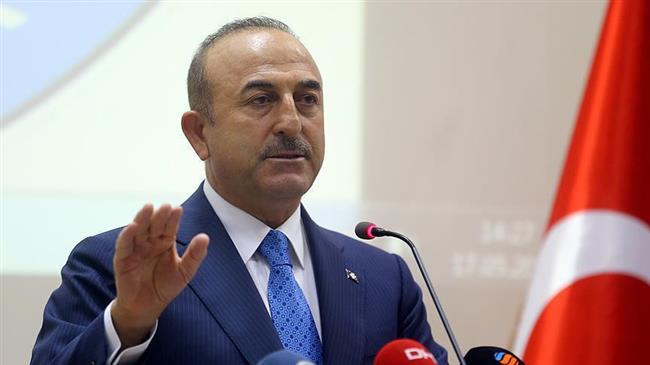





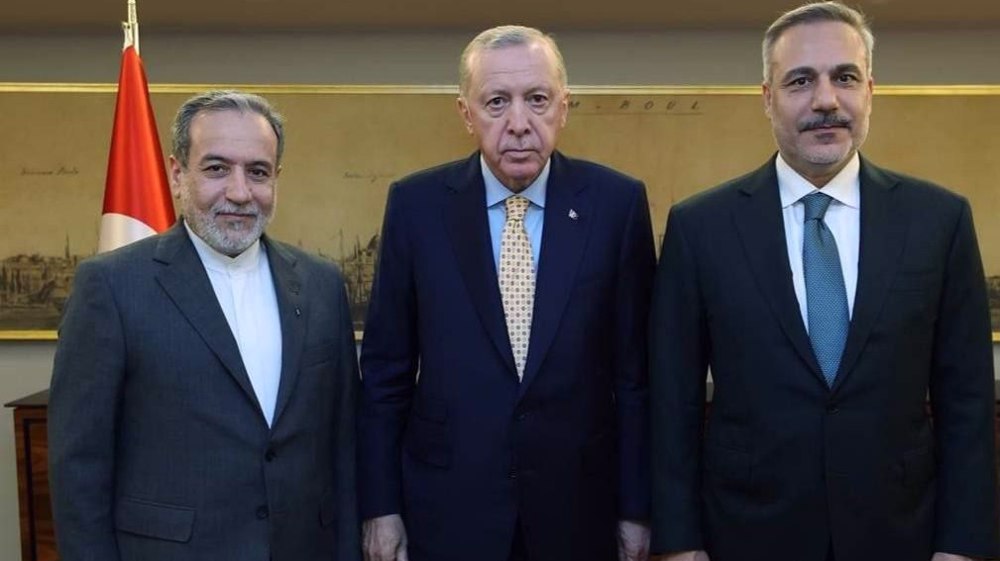
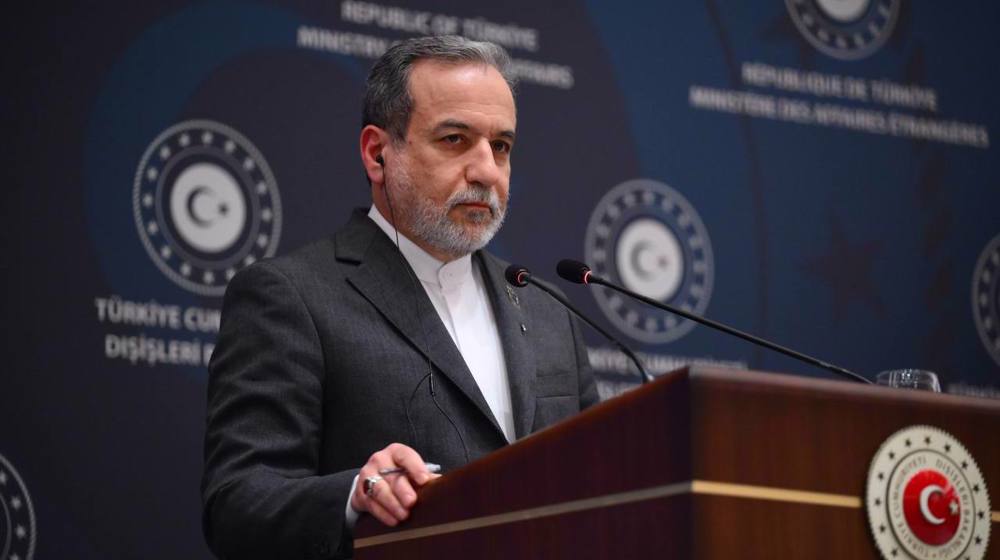



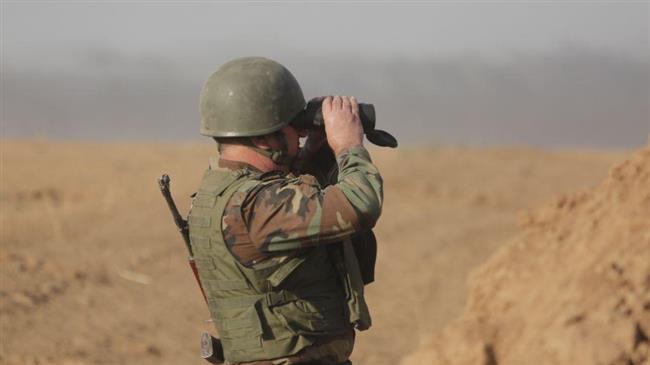

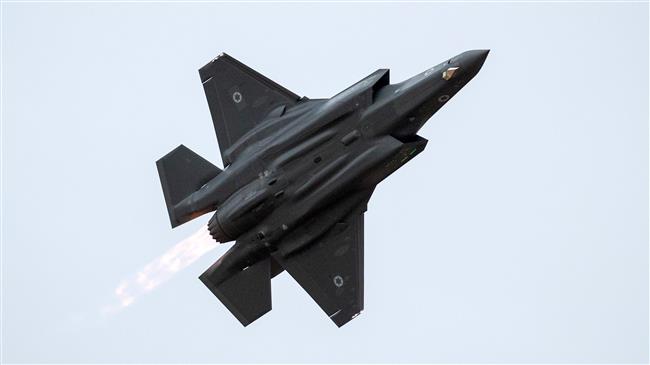




 This makes it easy to access the Press TV website
This makes it easy to access the Press TV website